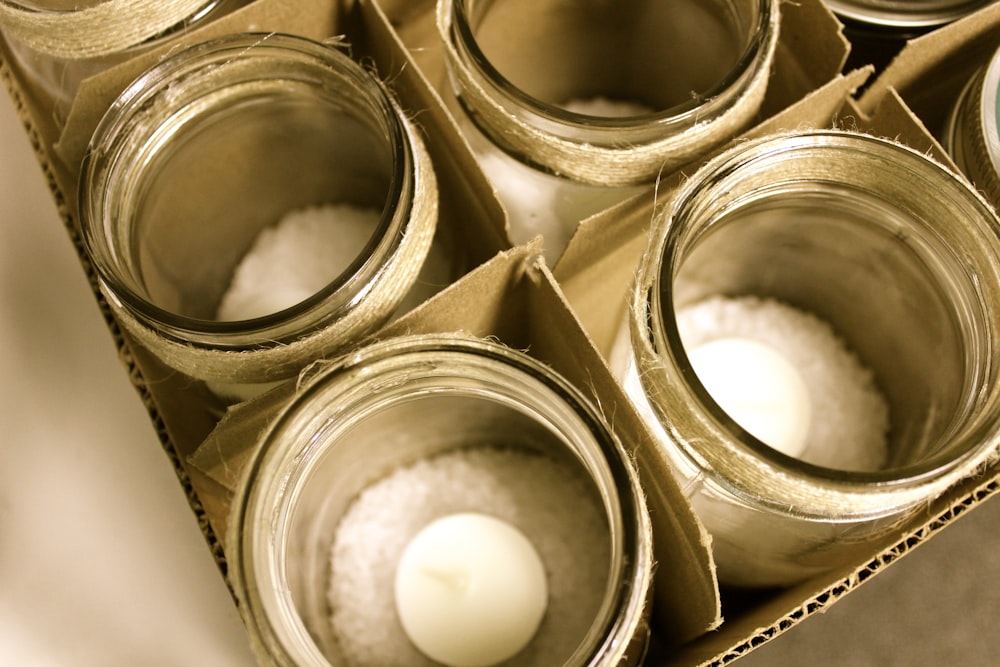Making Packing Into A Moving Experience
Moving to a new home is always an incredibly emotional experience. As you prepare to leave the place you’ve called home for a long time, you will realize just how much you’ve enjoyed your time there. Of course, though, it’s not only joy, nostalgia, and excitement taking the stage, and you’ll have another feeling standing in the way of your move; stress. To help you out with this, this post will be exploring a procedure which will remove the element of dread from your relocation, all while making the job a lot easier for you.
To begin, it’s important to come up with a solid plan of action before you start working on the job itself. This plan should be made with your removalists in mind, as they will be the ones doing most of the hard work for you. Your plan should include the order, labeling, and methods you’ll use to get this job done. Of course, though, it also helps to think about unpacking at the other end. The way that you pack your items up will have a huge impact on your experience at the other end of your journey.
[Photo courtesy of Jillien Minera/unsplash.com]
Once you have a good idea of how you’ll be taking on your move, you can start to think about the resources you’ll be using to help you. Boxes will be a big part of this, and you have the option to buy them new or to go on a hunt for some free ones. But, most importantly, you need to think about your labeling system. Permanent markers are great for most applications. But, for items which can’t be written on, you might need some proper tags or labels to seal the deal.
After a little bit of shopping, you should be well on your way to being able to start your packing, and it’s time to consider the items you’ll be packing first. This sort of information should be covered loosely by your plan. But, for the most part, logic and organization will be the best tools to help you here. Starting with the smallest and least-fragile items, you should work on packing room by room. Each container or piece of storage furniture should have a box or two to itself which is clearly marked to help you with unpacking.
Some of the items around your home will be unlikely to fit into a box or other container, and you’ll need to devise a way to move these items easily, as well. This is where your labels come in. By marking which rooms each large item will be going to, you will make the job of unpacking a lot easier. Along with this, though, you could also consider investing in some plastic wrapping material. Not only will this protect your furniture and other big possessions, but it will also make them easier to move around.
Hopefully, this post will give you everything you need to start taking action and working towards moving home. In a lot of cases, people struggle with this sort of work. Stress and worry become big factors, making the whole thing a lot harder, and it can feel like there’s nothing you can do to make it better. In most cases, though, a little bit of work will go a very long way.

